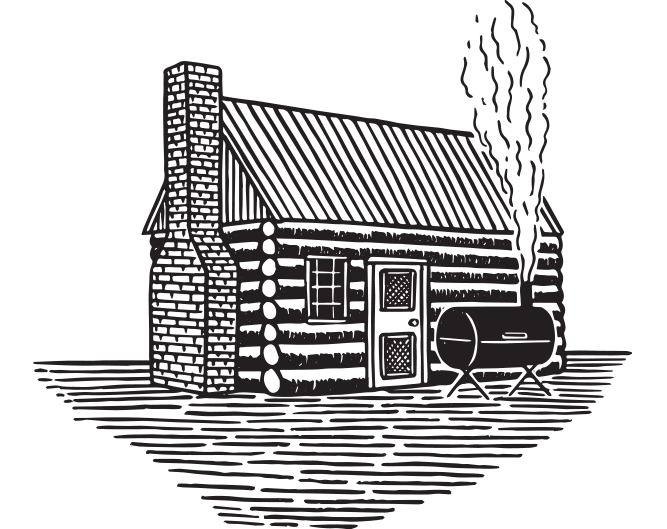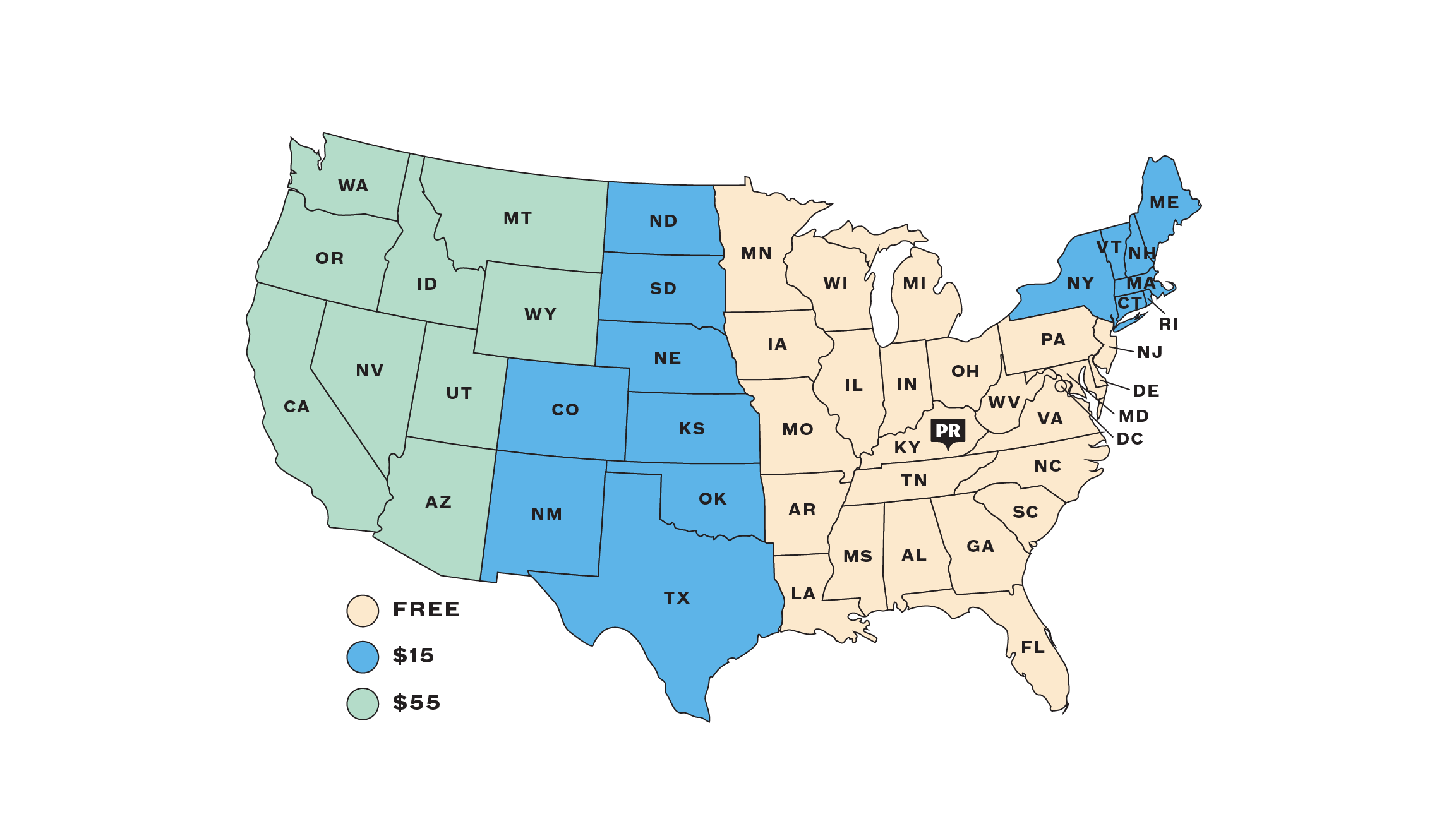Frequently Asked Questions
From sourcing details to prep tips, we’ve got answers to all kinds of questions.
Where do you deliver?
We ship everywhere in the contiguous United States. (We do not ship to Alaska, Hawaii, American Samoa, U.S. Virgin Islands, Northern Mariana Islands, Guam or Puerto Rico.)
How will my order be shipped?
To keep the meat nice and cold, we use sustainable insulation along with gel packs in a standard cardboard shipper. It was important for us to echo the sustainable practices we adhere to all the way through the packaging experience.
What kind of farms do you work with?
We source all of our meat directly from small, family-owned and operated farms in the Unites States. All our animals are raised with the highest animal husbandry and environmental standards. Our animals are raised outside on pasture never in a concentrated animal feed operation or feedlot.
Is your meat humanely raised?
The compassionate treatment of farm animals is incredibly important to us at Porter Road. That is why we put care into our procurement choices and are transparent about our suppliers, all of whom are committed to ensuring animals are treated humanely.
Our animals are never confined to feedlots, and spend their lives eating well and growing at their own natural pace (rather than being jacked up on hormones). After caring for our animals every day of their lives, the last thing we want to do is undo our farmers’ work by creating a stressful end of life experience. This is why we partner with processing facilities that never use prods, hot sticks, or force our animals onto long truck rides. Not only is this better for the animal, but it also produces a better quality product.
Do you use any hormones or antibiotics ?
Nope, nope, nope.
Is your meat sustainable?
Yes! We source exclusively from family farms and ranches with the highest sustainability standards. We know all of our farmers by name and frequently visit them to ensure our high standards never waiver.
Why does the color of your meat look different?
You may notice our pork and beef are darker in color, and our chicken has a golden yellow hue. Most of the meat you’ll find in a supermarket will look different, which is because it’s often pumped with antibiotics, which cause artificial, rapid growth. Our animals are given time and space to work and develop their muscles, which leads to this deeper color (and flavor!).
The meat had a strange smell when it came out of the vacuum sealed bag, why?
Ah yes, we call this “bag funk.” The meat in the package has been deprived of oxygen since it was sealed, so as you open the bag the gas will be released. Give it a few minutes to air out on the counter and take another whiff. It should smell different from your average meat (that’s a good thing!). It should never smell sour or feel slimy - if it does, let us know. It’s a sign that something’s wrong.
How long can meat last in the refrigerator?
On average you should consume or freeze your (vacuum sealed) product within 7 days of its arrival.
- Poultry needs to be consumed or frozen as soon as possible or within four days.
- Pork should be consumed or frozen within 5 days of delivery.
- Beef is unique. Beef that is the whole muscle (not ground) should be eaten or frozen within 10 days of delivery. That being said, beef can last longer. As long as the meat doesn’t smell sour or feel slimy you are good to go. James thinks with beef the funkier the better.
Why don’t you freeze your meat?
While some of our products (like ground beef, sausages, or larger roasts) are shipped frozen, most are not. Meat is made up of fibers that are like little ropes. As meat freezes, the water in the muscles turns to ice. Ice is a crystal. As the crystals form they cut into the muscle fibers. When you thaw the meat, the ice melts into your bowl and not in the meat.
That said, never waste good meat! If you need to preserve the steak or can't use it right away, definitely freeze it instead of tossing it.
The cut I want is sold out, what now?
At Porter Road, we practice whole animal butchery so nothing goes to waste. As a result, some of our most popular cuts are sold out on a regular basis. You should check back frequently as we restock M-F, join the wait-list to be notified as soon as your preferred cut is available, or try one of our butcher's alternatives for a lesser known, but equally as delicious cut.
Why do you dry age the beef?
Dry aged beef just tastes better. Supermarket beef is very rarely dry aged, and the very best steakhouse beef usually is. Beef has a natural tenderizing enzyme in its muscle fibers. That enzyme works for up to 8 days. Meanwhile, as the meat continues to age, it evaporates water from the muscle, which keeps the flavor concentrated. We dry age all of our beef so it has a chance to tenderize and develop its flavor.
How can I tell if my meat arrived in good condition?
The meat should be cool to the touch when it arrives. Unless otherwise noted, the product was never frozen, so therefore it could not have defrosted. It is okay if the gel packs are not frozen, as long as they are still cold. If you’re still not sure, rely on your nose. Meat that is spoiled will smell sour and be very sticky to the touch. If the box is damaged or opened in anyway please contact us immediately.
I am not happy with all or part of my order. What should I do?
Please contact us by email or phone as soon as possible. We always do right by our customers. Our goal is to make sure you enjoy our meat as much as we do.
How do you handle returns?
Given the perishable nature of the product, we do not accept returns. If there is a problem with your order, contact customer service and we will work to make it right.
What do pasture-raised and grass-fed actually mean?
There’s so much confusion over what we should and shouldn’t eat, and buzzwords like these only add to the problem. So let’s break them down.
Pasture-raised, which all of Porter Road’s products are, means that the animal lived outside for the majority of its life, with fresh air, sunlight, and wide open spaces. All our beef and poultry are raised on pasture as weather permits. In Kentucky, that means they are outside year-round. Elsewhere, the beef are offered sheltered during inclement weather to keep them safe and comfortable, in keeping with GAP 4 standards for humane animal treatment. Our beef is allowed to freely graze on grasses year round but are offered a grain supplement on pasture, able to eat as much or as little of that grain as they'd like. Our pork live in the woods with tons of room to root and act like pigs, and have the option to seek shelter in a covered area that allows access to the outdoors at all times.
Grass-fed means that the animal has only eaten grass and never any grain. Our expert butchers feel that eating grass is extremely important, but we prefer our animals to eat a more well-rounded diet. While grass-fed beef can contain a better ratio of Omega 3s, 6s and antioxidants, the consistency of grass-fed beef can vary seasonally. In the US, very few locations have the climate for consistent grasses year round. Since they are eating different grasses throughout the year, the flavor, tenderness, and fat content will vary. By letting our animals graze on pasture, eating whatever they want, and by giving them a grain supplement, we’re able to strike a healthy (and flavorful) balance. It’s also important to make sure all animals are free of any drugs or hazardous chemicals, which is always the case at our farms, including in their feed.
Is your meat certified organic?
Because we work with such small farms, they don’t have the official certification. Instead, we have developed incredibly strict farming guidelines with all of our partners, which almost always beat out the minimum organic standards.
-We never use any growth hormones or antibiotics.
-Our animals are raised outside on pasture.
-Their feed is free from any animal by-products or hazardous chemicals.
Aren’t cows bad for the environment?
In short, it depends on how you raise them.
The way food conglomerates raise commodity animals (grocery store meats), is bad because the majority of them are raised in CAFOs. CAFO stands for Concentrated Animal Feed Operations. Concentrating animals in one small location is a recipe for disaster. We could go on for days about this (call us anytime and we will), but the simple answer is yes - farm animals can be bad for the environment when they are raised as part of a factory, where they’re pumped with antibiotics and other things that make them grow faster, but also upset their stomachs and cause gas (Co2 emissions). And that’s just one of the issues.
On the other side of the spectrum, pasture-raised animals can can actually help the environment by regenerating and fertilizing the soil. We only work with farms that are serious about sustainability...and great steak. In fact, the farms we work with know the two go hand-in-hand.
Is your beef graded?
We care more about how the animal is raised versus how it is graded. With that being said, we do have a USDA inspector on-site every single day to ensure proper meat handling. Beef grading is a separate process completed by a different USDA office. Due to the small size of our farms and processing operation, we do not get all of our beef graded. When our farmers have opted to grade their meat, it has come back as either Prime or Choice Plus.
One of the many benefits of butchering the meat by hand ourselves is that we can inspect each and every cut before sending it out. Any piece of beef without beautiful marbling will not be sold.
Do you offer a military discount?
Yes! We’re proud to offer a 10% off discount to not only members of the military but also teachers, government employees, and first responders. Simply verify your credentials using the GovX button at the bottom of your cart before checking out.
What medications do your beef receive?
While our farmers abstain from the use of antibiotics and added hormones, the beef are inoculated to prevent illness from easily preventable diseases such as IBR, BVD, BRSV, Haemophilus Somnus, and clostridial bacteria. All the beef receives a round of shots around weaning, and booster shots at 8-12 months. Brood cows receive booster shots yearly. These shots are standard practice across all types of farming, and help ensure the health of the herd. We don’t want any animal to suffer unnecessarily, and also want to uphold our promise to you of antibiotic-free meat. In the case that an animal is sick and needs to be treated with antibiotics, our farmers make sure that the beef is treated appropriately (with the help of a vet), then the animal is diverted away from Porter Road’s supply chain.


